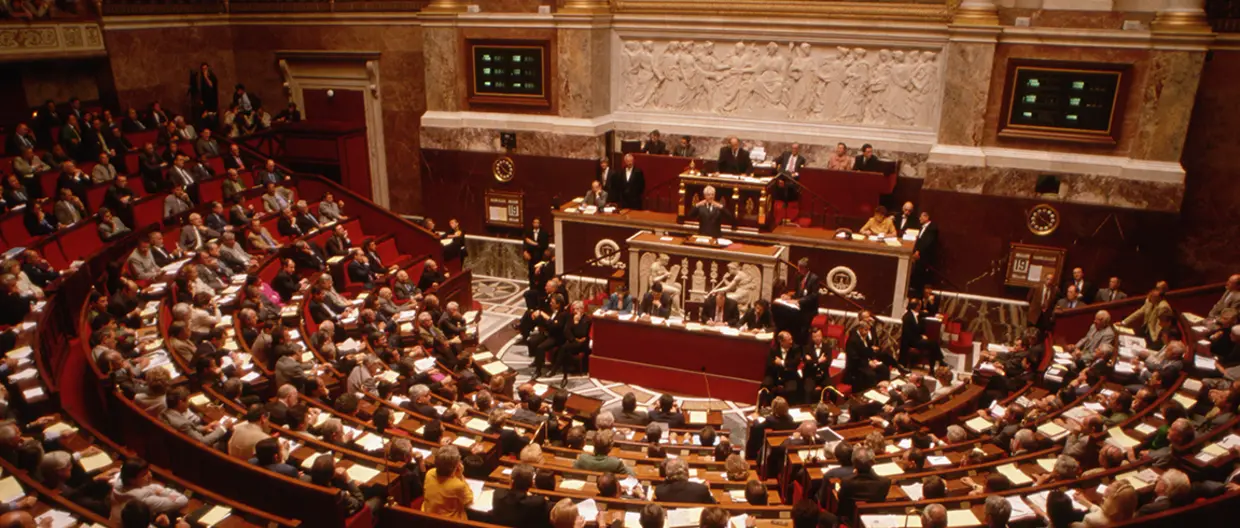Zusammenfassung
The Talks outlines the recent developments in French politics and implications for investors
Key points
- Recent developments: Disagreements over France’s 2025 budget have triggered some market volatility. Prime Minister Michel Barnier proposed a budget which targeted a reducing in the deficit to 5% in 2025 and below 3% by 2029, a plan considered credible by the European Commission. He invoked Article 49.3 to pass the social security budget without a parliamentary vote, but the opposition parties then brought down the government by passing a motion of censure. President Macron is now looking for a new Prime Minister. There are several possible scenarios from this point, but France's institutional framework ensures that a budget law will be enacted regardless of the outcome, making the rollover of the 2024 budget law a probable scenario in our view.
- Market impact: This phase of political uncertainty is weighing on French assets, with short-term volatility expected to continue, but we don’t see any contagion as there is no risk to debt sustainability. The French economy remains resilient and inflation is on a downward path.
- Views on French government bonds: Recently, the cost of French debt has risen relative to German debt, with the yield spread between French OATs and German Bunds slightly above the summer peak of 80 basis points. The French debt market is characterised by its liquidity and depth, making French government bonds a valuable choice among global investors. All major rating agencies have reaffirmed France's quality rating, with S&P maintaining its assessment of 'AA-/A-1+' and a stable outlook (on 29 November). French bonds will benefit from the favourable environment for European bonds amid the ECB’s easing policy and slowing inflation. With the current level of spreads already pricing ongoing uncertainty, any further spread widening could offer an attractive entry point for long-term investors.
- Views on French equities: The recent underperformance of the CAC40 Index is largely attributed to its composition, which is heavily weighted towards consumer discretionary and luxury goods stocks, and has lower allocations to the financial and technology sectors that have performed best recently. We expect French equities to eventually recover in line with earnings growth.
Read more

